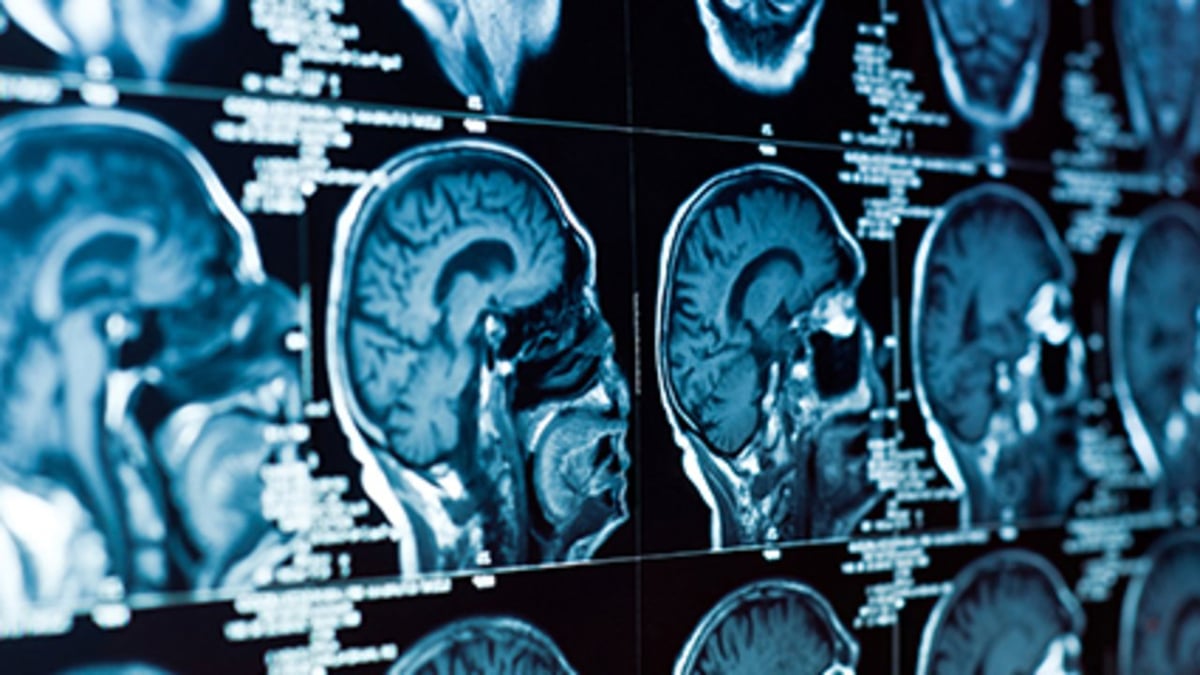In Mice, a Preventive Vaccine Clears Brain Plaques Tied to Alzheimer’s

MONDAY, July 31, 2023 (HealthDay News) -- Scientists have struggled for decades to come up with something that can successfully treat Alzheimer's disease, with new drugs now showing their ability to clear the amyloid plaques that are a hallmark of the memory-robbing disease.
But what if a vaccine could do the same job, or better? A new Japanese study suggests it may be possible.
Working with mice, researchers report they have been testing a vaccine that takes direct aim at the onset and development of Alzheimer’s.
They say that the results so far have proven encouraging, with indications that, at least among mice, the vaccine appears to effectively lower the inflammation that is typical of Alzheimer’s, resulting in notable improvements in overall behavior.
Still, the research is ongoing and the findings to date are considered preliminary. Even more importantly, whether vaccine success in mice will eventually translate to vaccine success in humans remains a wide open question.
“From animal to clinical trials in human, it’s a huge challenge in Alzheimer’s disease,” acknowledged study lead author Chieh-Lun Hsiao, a postdoctoral fellow in the department of cardiovascular biology and medicine with the Juntendo University Graduate School of Medicine in Tokyo. “There’s no perfect animal model for Alzheimer’s [research] for humans.”
That said, Hsiao explained that vaccine work so far has focused in on certain cells that are specifically known for expressing a protein called SAGP.
In the case of Alzheimer’s, cellular inflammation sends SAGP into overdrive. That increase in SAGP activity can, in turn, trigger the development of telltale signs of Alzheimer’s disease. One classic sign is the buildup of amyloid plaque deposits, which are known to short-circuit the brain’s ability to process language, solve problems and stay focused.
So, “our vaccine was designed to target this SAGP protein,” Hsiao said, with the theory being that if the vaccine can keep SAGP overactivity in check, it might slow down Alzheimer’s or perhaps even stop it in its tracks.
To test the new vaccine, the team worked with mice engineered to have a disease that’s very similar to human Alzheimer’s.
At 2 and 4 months of age, all the mice were inoculated either with the actual vaccine or a dummy shot.
Maze tests were then conducted at 6 months of age, before brain samples were taken from the mice for lab testing.
The maze tests suggested that those mice that received the vaccine handled that challenging environment “significantly better” than those who hadn’t.
Another positive finding was that the mice that were vaccinated also exhibited signs of anxiety. The study team noted that anxiety is considered a marker of awareness, a facet of mental capacity that typically becomes diminished in those with Alzheimer’s.
In turn, lab tests of brain tissue revealed that vaccinated mice displayed notable reductions in amyloid deposits, alongside significant reductions in the size of certain cells associated with Alzheimer’s-related brain inflammation and hyped-up SAGP activity.
A couple of outside researchers weighed in on what the animal work may ultimately mean down the road.
“These are early days for this work,” stressed Rebecca Edelmayer, senior director of scientific engagement with the Alzheimer's Association.
“Vaccines have a rich history of being successful to prevent disease across generations of people across the world, and it may also be applicable to Alzheimer's disease,” she noted.
However, “it is likely that more work in mouse models and cellular models will be needed for this particular vaccine before it moves into human trials," Edelmayer added. "But it is encouraging to see their progress.”
That thought was cautiously seconded by Daniel Lackland, director of Medical University of South Carolina’s division of translational neurosciences and population studies.
“One reason why animal experiments often do not translate into replications in human trials is that many animal experiments are designed, conducted and analyzed in a very different manner than human trials and studies,” he noted.
At the same time, Lackland added that “the considerations of animal studies is an important stage for developing hypothesis-generated human research. But it is only the first step.”
Hsiao and her colleagues are slated to present their findings Wednesday at a meeting of the American Heart Association, in Boston. Such research is considered preliminary until published in a peer-reviewed journal.
More Information
There's more on Alzheimer’s disease at the Alzheimer's Association.
SOURCES: Chieh-Lun Hsiao, PhD, postdoctoral fellow, Department of Cardiovascular Biology and Medicine, Juntendo University School of Medicine, Tokyo; Rebecca Edelmayer, PhD, senior director, scientific engagement, Alzheimer's Association; Daniel Lackland, DrPH, professor and director, Division of Translational Neurosciences and Population Studies, Department of Neurology, director, Masters of Science in Clinical Research Program, Medical University of South Carolina, and past president, World Hypertension League; presentation, American Heart Association meeting, Aug. 2, 2023, Boston
Related Posts
La vacuna contra la gripe quizá no proteja de la cepa principal de la influenza, según un estudio
VIERNES, 17 de diciembre de 2021 (HealthDay News) -- Es posible que la vacuna...
Major Head Trauma May Up Risks for Dementia
THURSDAY, May 12, 2022 (HealthDay News) -- People who've had a major traumatic...
Kids With Uncontrolled Asthma at Higher Odds for Severe COVID-19
WEDNESDAY, Dec. 1, 2021 (HealthDay News) -- Asthma is a tough disease for kids...
Las tasas de suicidio aumentaron en 2021 en EE. UU., lo que revierte dos años de reducción
VIERNES, 30 de septiembre de 2022 (HealthDay News) -- La tasa de suicidio de...
